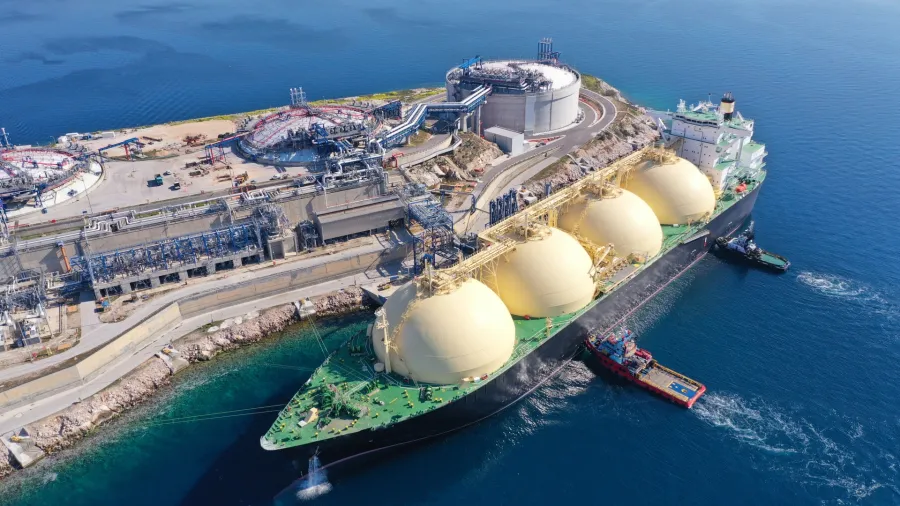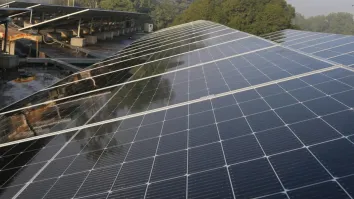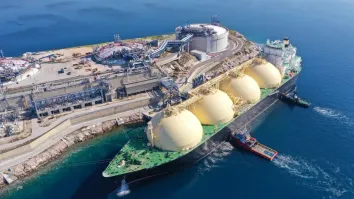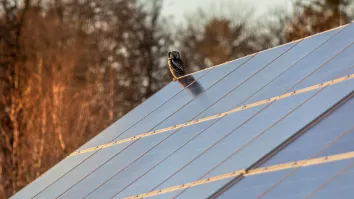
EMA and KOGAS ink deal on liquefied natural gas collaboration
They will share best practices and knowledge on procurement and supply management.
The Energy Market Authority (EMA) of Singapore and Korea Gas Corporation (KOGAS) have signed a memorandum of understanding (MoU) for the exchange of knowledge and best practices regarding liquefied natural gas (LNG) procurement and supply chain management.
Singapore and South Korea will also exchange personnel for training and learning purposes as part of the agreement.
The MoU was signed on 5 June by EMA Chief Executive Ngiam Shih Chun, and KOGAS President and CEO Choi Yeon-Hye at the latter’s Incheon LNG Terminal.
“As a small country with limited natural resources for power generation, natural gas will remain a major component in our energy mix while Singapore shifts towards cleaner and greener energy sources,” Ngiam said. “We appreciate this partnership with KOGAS which will enhance our knowledge and expertise in the management of LNG supply and help strengthen our energy security.”

















 Advertise
Advertise







